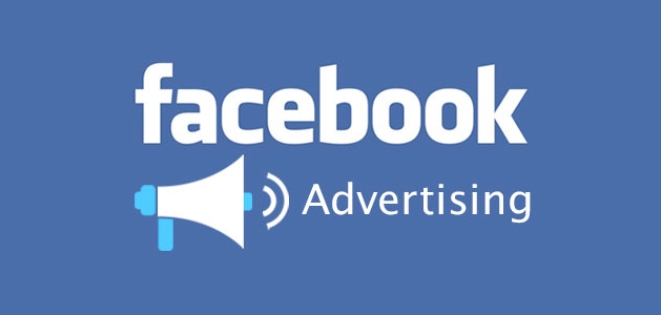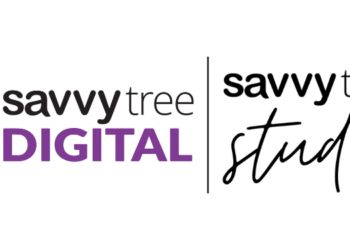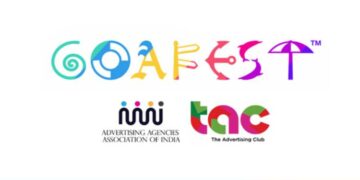Facebook has tripled the amount of fake likes it detects and blocks since last October when it launched its campaign against fraudulent activity on site in earnest.
The social network has stated that advances in its pattern recognition technologies have helped it crack down on fake-like scammers who sell followers to page administrators.
Since March this year Facebook has been working with businesses which have received fake likes on their pages – 200,000 pages in total – teaching them how to legitimately generate followers who will be more likely to engage with their content.
Huseyin Kerem Cevahir, a software engineer at Facebook, said: “New advances in our pattern recognition technologies helped us halt many of the major exchanges that promote fake like activity on Facebook originating from click farms, fake accounts and malware.
“When we see suspicious patterns of likes coming from or to a specific account, we thoroughly investigate the situation in order to determine whether there is fraudulent activity taking place.
“This work has made it extremely difficult for the people selling fraudulent likes to actually deliver their promised likes to paying customers.”
Facebook declared war of the fake likes in October, stating: “Our algorithm takes page engagement rates into account when deciding when and where to deliver a page’s legitimate ads and content, so pages with an artificially inflated number of likes are actually making it harder on themselves to reach the people they care about most.”























